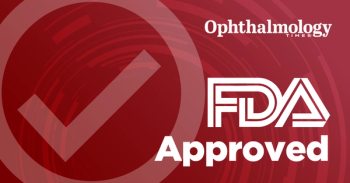
Biosimilars: What Clinicians Should Know
Advertorial: Biosimilars? What difference are they making?
It is well established that use of biosimilars decreases drug acquisition costs. The results summarized in this brief review show further that this savings can be translated into increased access to highly effective biologic medications and the savings appropriated to improve overall patient care. They also indicate that early use of biosimilars is cost-effective vs delaying an originator biologic until a course of conventional therapy has been delivered.
This communication briefly reviews the path to approval for biosimilars, studies that have provided additional information about the efficacy and safety of these products, and factors that may create barriers to their use, even after meeting all criteria for approval.
Biologics are not generic medications. Generic drugs are small, chemically synthesized molecules identical to the corresponding branded product. Biosimilars are purified from products made in living cells.
Newsletter
Don’t miss out—get Ophthalmology Times updates on the latest clinical advancements and expert interviews, straight to your inbox.





























